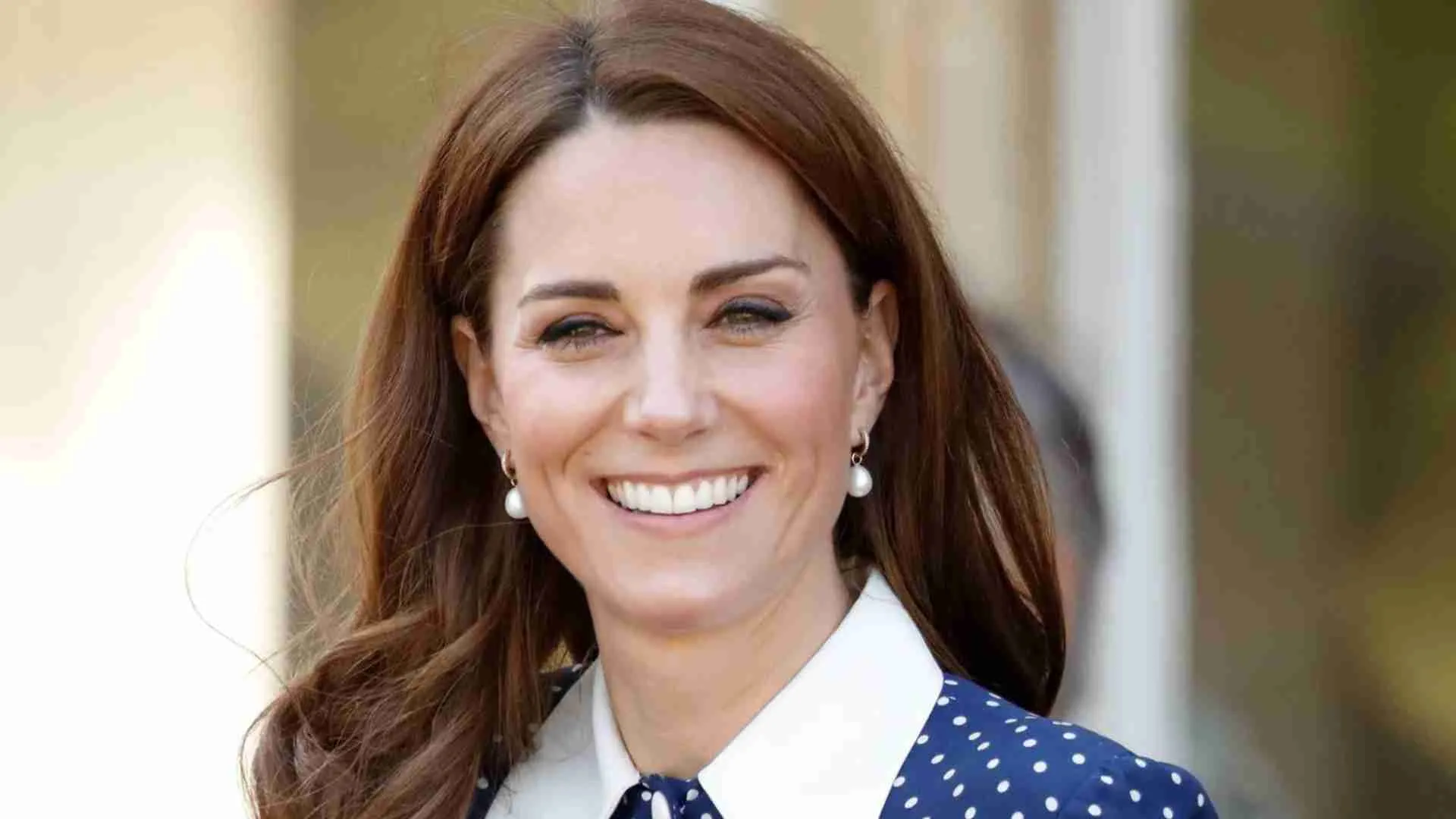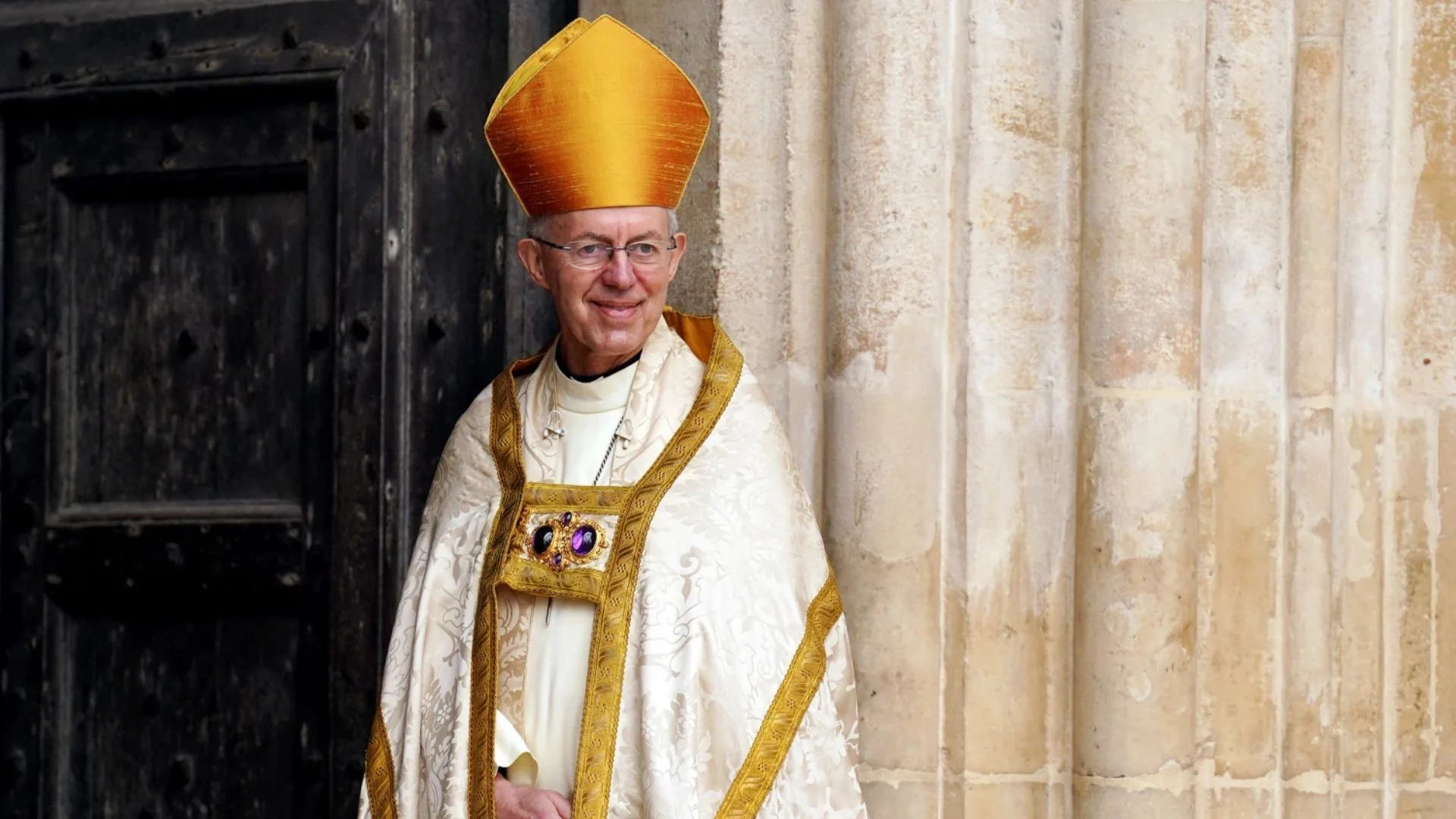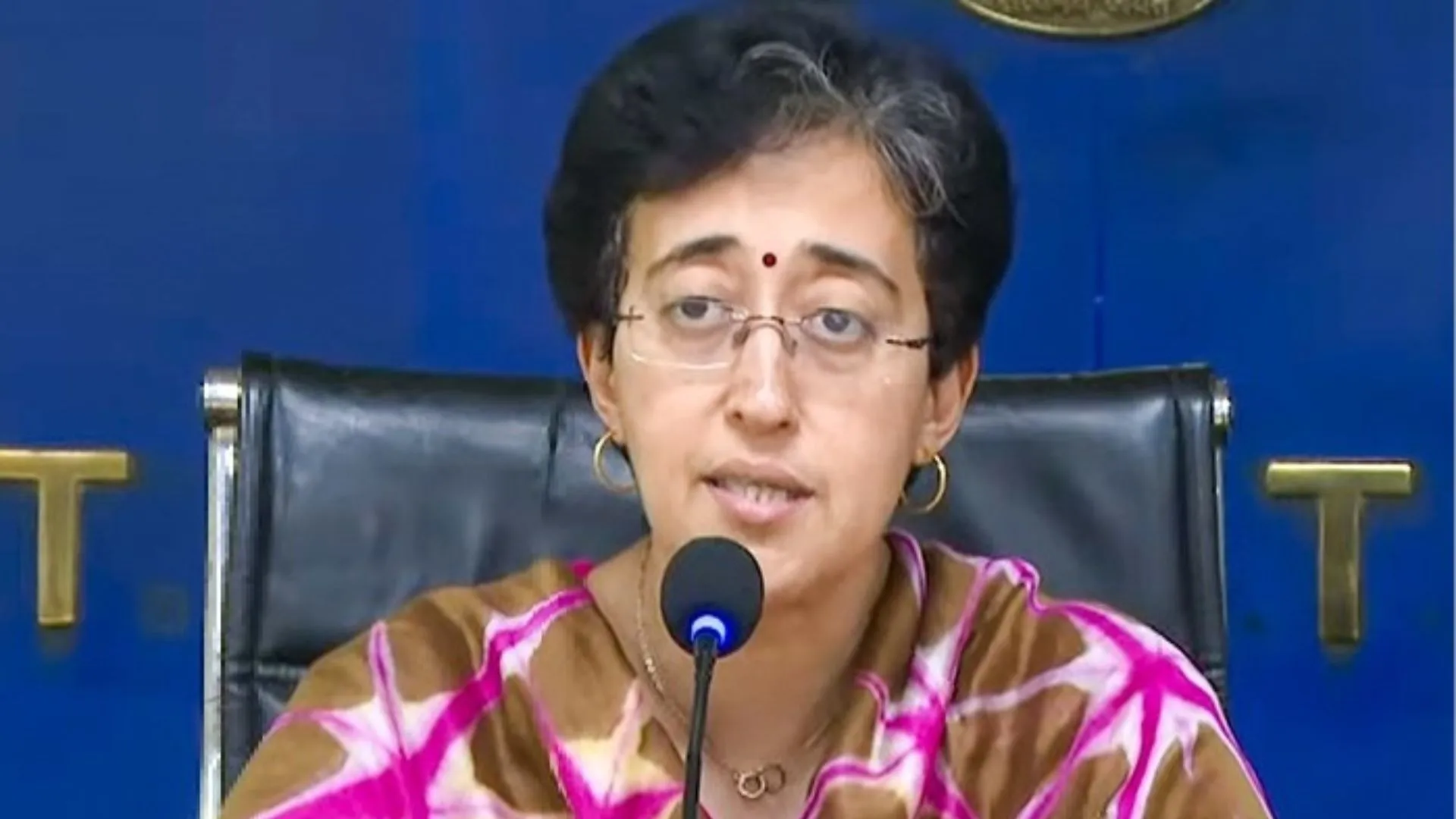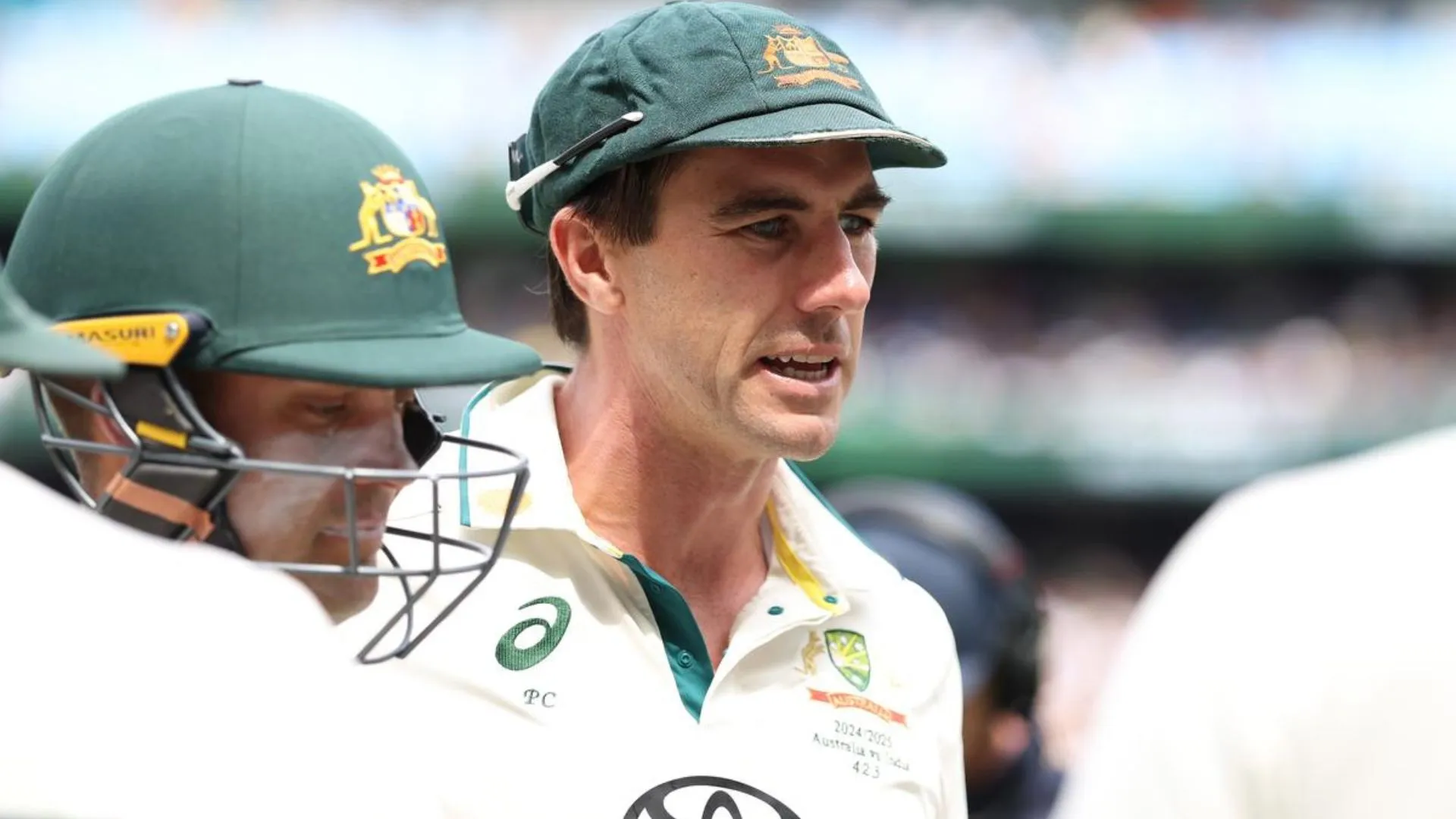French Prime Minister Michel Barnier will resign on Thursday after a no-confidence vote by far-right and leftist lawmakers toppled his government. This development plunges France, the eurozone’s second-largest economy, into a deeper political crisis. Barnier, who previously served as the European Union’s Brexit negotiator, will become the shortest-serving prime minister in modern French history after submitting his resignation at approximately 10 a.m. (0900 GMT).
The fall of Barnier’s government marks the first time a French administration has lost a confidence vote since Georges Pompidou’s government in 1962.
Political Unrest Grips France and the EU
The resignation adds to instability within the European Union, already facing challenges following the collapse of Germany’s coalition government. The crisis in France coincides with preparations for U.S. President-elect Donald Trump’s return to the White House, further complicating the international political landscape.
The no-confidence vote on Wednesday night was triggered by Barnier’s attempt to push through an unpopular budget without a parliamentary vote. The proposed budget included 60 billion euros ($63 billion) in savings aimed at reducing a widening deficit.
Budget Disputes and Opposition Criticism
Marine Le Pen’s far-right National Rally criticized the budget as excessively harsh on working-class citizens, while leftist lawmakers decried it for different reasons. The collapse of Barnier’s government follows weeks of heated debates over the fiscal plan, leaving France without a clear path forward.
President Emmanuel Macron, who called a snap election in June that led to the current parliamentary gridlock, faces increasing calls to step down. Although Macron’s mandate extends to 2027 and he cannot be forced out of office, the ongoing crisis has eroded his political standing.
An online poll conducted after the no-confidence vote revealed that 64% of voters want Macron to resign. Speaking to TF1 TV, Marine Le Pen blamed the president directly for the turmoil. “The main culprit for the current situation is Emmanuel Macron. The dissolution [of parliament in June] and censorship [of the government] are the consequence of his policies and the considerable divide which exists today between him and the French,” she said.
Although a slight majority of voters approved the decision to oust Barnier, many remain concerned about the political and economic fallout.
France now risks concluding the year without a stable government or an approved 2025 budget. While constitutional provisions can prevent a U.S.-style government shutdown, the uncertainty is expected to have lasting economic consequences.
President Macron is reportedly working to appoint a new prime minister quickly, with one source suggesting the announcement could come before the reopening ceremony of Notre-Dame Cathedral on Saturday, an event U.S. President-elect Trump is expected to attend.
Despite the urgency, any new prime minister will face similar challenges in navigating the deeply divided parliament. Legislative elections cannot be held before July, further complicating governance.
Economic Impact of Political Instability
The prolonged uncertainty has already taken a toll on French sovereign bonds and stocks. Analysts at SocGen noted that the heightened risk premium on French assets is likely to persist, dampening both investment and consumer spending.
The spread between French government bonds and German Bunds reached its highest level in over 12 years, reflecting investor unease.
Xavier Bertrand, a prominent conservative politician, expressed dismay over the outcome of the no-confidence vote. “It’s as if the two extremes, [the hard left] France Unbowed and the National Rally, have become the center of political life,” Bertrand told BFM TV, echoing concerns about the shifting political landscape.
As France grapples with deepening divisions and economic uncertainty, the path forward remains unclear, with the potential for further instability in the coming months.























